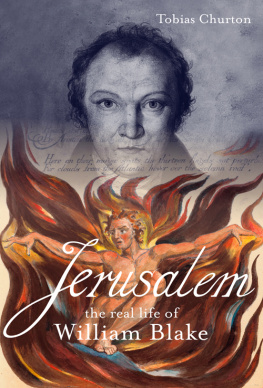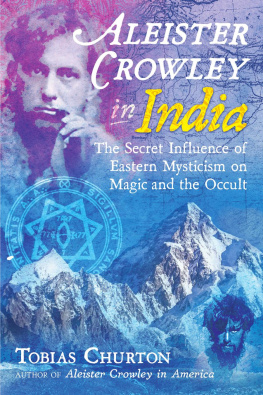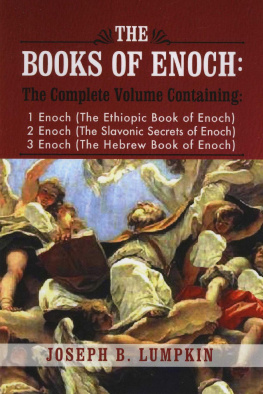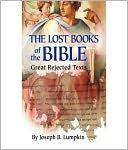Tobias Churton - The Lost Pillars of Enoch
Here you can read online Tobias Churton - The Lost Pillars of Enoch full text of the book (entire story) in english for free. Download pdf and epub, get meaning, cover and reviews about this ebook. year: 2020, publisher: Inner Traditions/Bear & Company, genre: Religion. Description of the work, (preface) as well as reviews are available. Best literature library LitArk.com created for fans of good reading and offers a wide selection of genres:
Romance novel
Science fiction
Adventure
Detective
Science
History
Home and family
Prose
Art
Politics
Computer
Non-fiction
Religion
Business
Children
Humor
Choose a favorite category and find really read worthwhile books. Enjoy immersion in the world of imagination, feel the emotions of the characters or learn something new for yourself, make an fascinating discovery.

- Book:The Lost Pillars of Enoch
- Author:
- Publisher:Inner Traditions/Bear & Company
- Genre:
- Year:2020
- Rating:5 / 5
- Favourites:Add to favourites
- Your mark:
- 100
- 1
- 2
- 3
- 4
- 5
The Lost Pillars of Enoch: summary, description and annotation
We offer to read an annotation, description, summary or preface (depends on what the author of the book "The Lost Pillars of Enoch" wrote himself). If you haven't found the necessary information about the book — write in the comments, we will try to find it.
The Lost Pillars of Enoch — read online for free the complete book (whole text) full work
Below is the text of the book, divided by pages. System saving the place of the last page read, allows you to conveniently read the book "The Lost Pillars of Enoch" online for free, without having to search again every time where you left off. Put a bookmark, and you can go to the page where you finished reading at any time.
Font size:
Interval:
Bookmark:
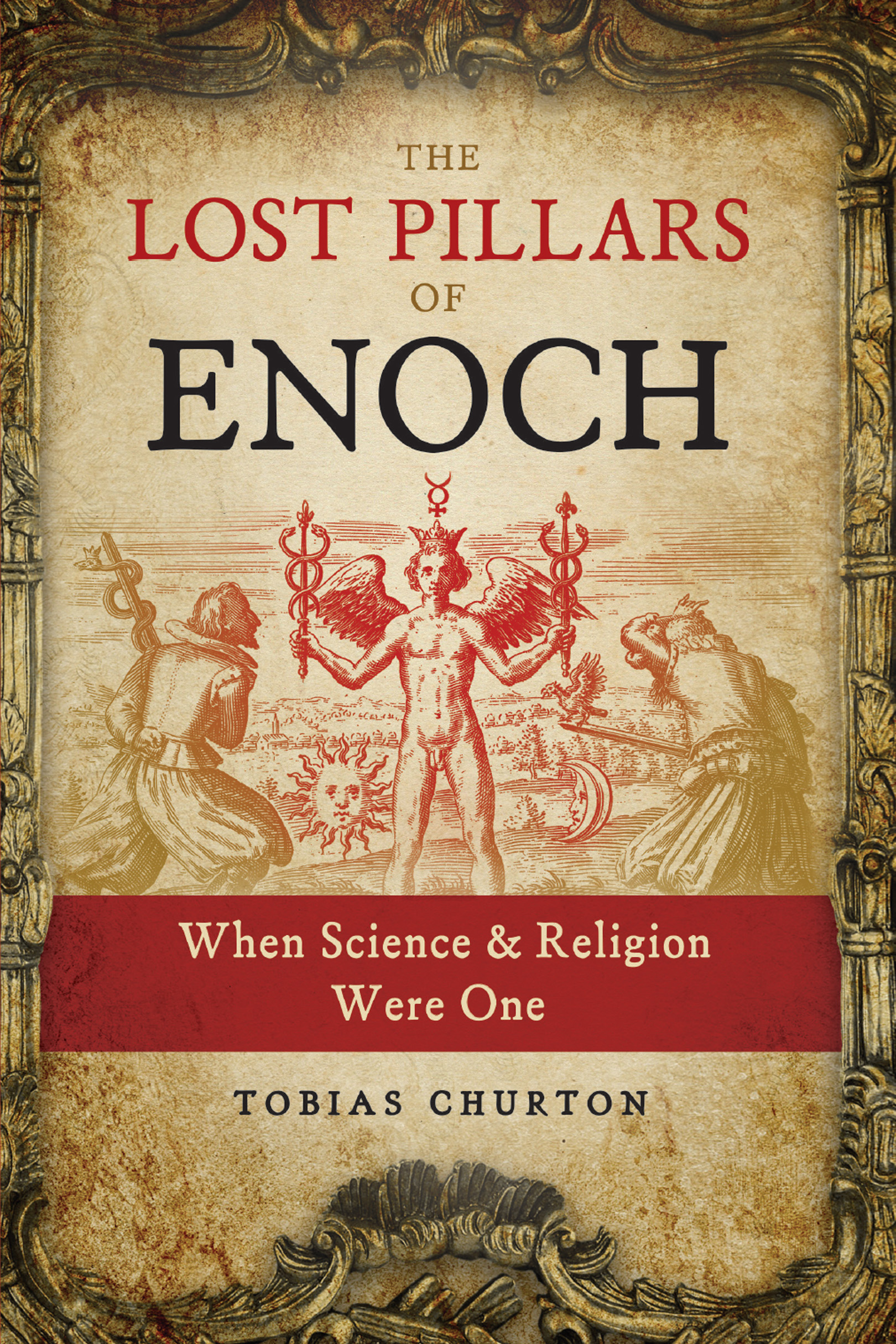

THE LOST PILLARS OF
ENOCH

Churton revisits the history of mankind and approaches its attempts to deal with the invisible since the dawn of times with a unique mastery. This book is not only of great erudition but could also be the start of a future global spiritual movement of the digital age.
THOMAS JAMET, AUTHOR, LECTURER, AND COMMUNICATION SPECIALIST
Humanitys near-manic obsession with lost and rediscovered wisdom is the basis for nearly all esoteric philosophy and practice. Taking the ancient myths and histories as his guide, Churton provides us not only with an interpretation of Enoch and the various ideas around the known-and-lost-wisdom dichotomy as they have shaped our views across history, he also gives us a means of shaping and entering the future. It is a future quickly coming upon us, wherein the Pillars of Enoch once again are a depository of the collective wisdom of the past and the guide for a humanity seeking to understand itself and, like Enoch, walk with God.
MARK STAVISH, AUTHOR OF EGREGORES
This ambitious book traces the antediluvian origin of the spiritual wisdom hymned in the Book of Enoch. Churton explores the path of this unifying truth through the teachings of the mystery traditions that have served to initiate humanity ever since. Of central concern to this thesis is that the dichotomy between science and spirit is false. Truth is the unifying bond that excludes only error. The breach between science and religion is an artificial construct that serves to hinder understanding. I highly recommend this book.
JAMES WASSERMAN, AUTHOR OF THE TEMPLARS AND THE ASSASSINS AND THE MYSTERY TRADITIONS
PREFACE
Provenance
In the fall of 2018, Professor Gabriele Boccaccini of the University of Michigan kindly invited me to deliver a paper to the Enoch Seminar conference, to be held in Florence in June 2019. The invitation was fortuitous. Researching a paper for specialists in the ancient Book of Enoch transformed a longstanding idea about a book on religion for the future into something more epic, vital, and universal. Looking again into the enigmatic world of the Book of Enoch opened my eyes to new perspectives on how our species has approached the origins of human knowledge, religion, and civilization. That old esoteric conceit that at the beginning of civilization science and religion were one struck me again, not so much as a lament for the past but as a picture for the future. An ancient idea arose in all its grandeur: before the Flood, humankind possessed pristine knowledge, and that knowledge, enlivened by conscious intuition, was passed down to the worthy in fragments, whence it may be recovered.
This book describes the amazing voyage of how this idea has plowed through the waves of recorded history.
A Note about the Timing of This Book
Days before I began editing this manuscript, my familys house was hit by a flood precipitated by Storm Dennis, whose tempest hit the UK on February 17, 2020. As if being made temporarily homeless was not woeful enough, then, even as we attempted to make good the damage, the world was hit by the coronavirus, spread from China by every modern amenity. Now we may all feel intimately the kind of reality shock that made so many cultures in the distant past relate legends of a great natural cataclysm, a story familiar to Judeo-Christian tradition as the Great Flood and the story of Noah and his ark. Presuming, doubtless rightly, that so much that was precious was lost in that flood, or for all we know, series of floods, a story developed that vital knowledge that had been discovered before the Flood had been inscribed on pillars to survive the coming catalclysm. One of the pillars survived. In time, the construction of the pillars was ascribed to Enoch, hero of the Book of Enoch, a man who, according to Genesis, never died but was taken directly to heaven. The story, or myth, of the pillars marks the beginning of this books journey.
While we may wonder today just what we might wish inscribed on pillars designed to testify to our knowledge before an obliterating catastrophe, I should like to suggest that if we make a start in attending seriously to what has been believed to have come down to us already in fragments from the distant past, we may yet find ourselves able to avoid the worst of what may yet come, much of which, it appears, is the product of our species own deliberate fault, the product of our political and social weakness, our spiritual confusion, and our unethical unwillingness to apply knowledge in a mature manner when it exists. He who does not confront facts will be haunted by phantoms. In the words with which I concluded my first-ever attempt at a history of the world, aged eleven: Knowledge is the prize we strive to win. We need knowledge, and we need to act on it.
I offer my heartiest thanks to Jon Graham, Ehud Sperling, Jeanie Levitan, Mindy Branstetter, Erica Robinson, Eliza Burns, and Ashley Kolesnik at Inner Traditions International for turning a rare idea into concrete reality.
PART ONE

THE LOST PILLARS IN ANTIQUITY
ONE
Saving Knowledge from Catastrophe
The Worlds First Archaeological Story
Our investigation begins with a little-known story about the origins of knowledgelittle known, but not without influence, and arguably the worlds first-ever story of archaeology. Jewish historian Flavius Josephus wrote it down in the 80s of the first century CE, which is about fifty years after his countryman Jesus was crucified.
A guest of the Flavian imperial dynasty in Rome (hence Flavius), Josephus hoped his historyThe Antiquities of the Jewswould help Greek-reading Romans better appreciate Jewish people. This was timely. Thousands of Jewish warriors had been slaughtered during the previous two decades by imperial troops confronted with religiously motivated zealots trying to overthrow Roman jurisdiction. Having joined the rebels himself in the wars early stages, Josephus shrewdly submitted to Rome, proclaiming that Roman general Vespasian fulfilled the Easts widespread expectation of a savior. When Vespasian established the Flavian dynasty as emperor in 69 CE, Josephus was rewarded.
Josephus wanted Romans to see that not all Jews were persistent rebels, nor were they habitually addicted to crazy beliefs. On the contrary, Josephuss ancestors were, by Roman standards, rational people maintaining comprehensible traditions, supported by respectable ancient texts compiled long before Roman history began. Confident in his mission, Josephus believed that by presenting Jewish history, he was preserving truth for all humanity because Jewish history took everyone back to the beginning.
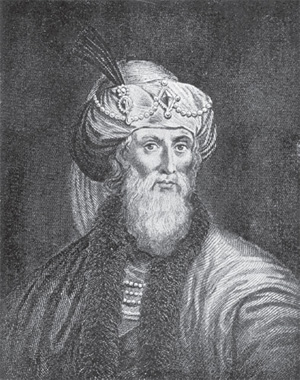
Fig. 1.1. Josephus (37100 CE), a romanticized engraving
The progeny of the first human being is described by Josephus in Antiquities second chapter: Adam was not only the Jews ancestor; he was the Romans ancestor too.
The human race, however, got off to a bad start. Adams son Cain fathered a line of wicked reprobates, tainted by Cains outrageous murder of his pious brother, Abel. Fortunately, Adam and Eve produced a third son, Seth. Seth fathered a lineage distinguished by respect for God and honorable conduct toward Gods creatures: virtues rewarded by access to knowledge of higher things. Josephus describes the higher things in terms of awareness of God, farsighted inventiveness, and knowledge of astronomy.
Font size:
Interval:
Bookmark:
Similar books «The Lost Pillars of Enoch»
Look at similar books to The Lost Pillars of Enoch. We have selected literature similar in name and meaning in the hope of providing readers with more options to find new, interesting, not yet read works.
Discussion, reviews of the book The Lost Pillars of Enoch and just readers' own opinions. Leave your comments, write what you think about the work, its meaning or the main characters. Specify what exactly you liked and what you didn't like, and why you think so.

